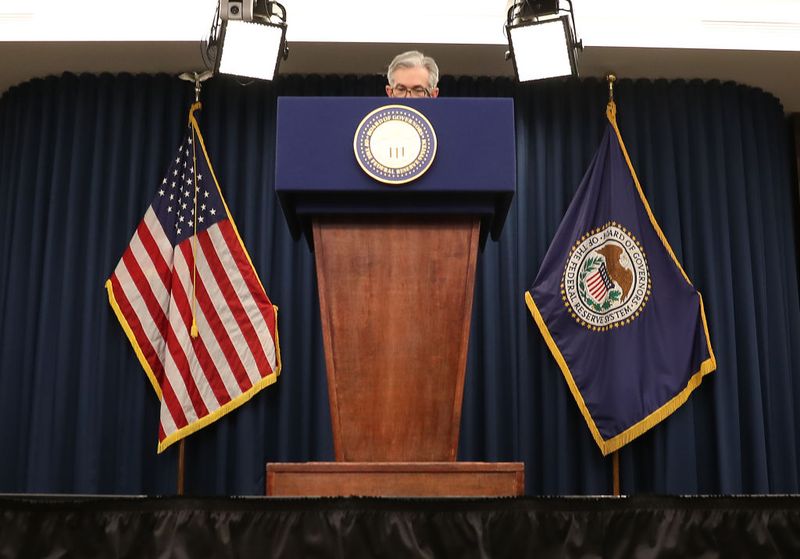We’re seeing a modest recovery in equity markets ahead of some key central bank meetings but investors remain wary of what’s to come.
It’s become very clear that central banks are going to have to be very aggressive in countering mounting price pressures around the globe and that the probability of recessions has increased. Stagflation is not yet here but the risks around it have risen considerably in recent months which makes central bank responses all the more critical. Central banks were always going to be the highlight this week and that has increasingly become the case.
The Fed meeting this evening was always the week’s headline event, although as it turns out other central banks have since put themselves in contention. What was looking like a straightforward 50 basis point hike and warning of at least one more to come has become far more complicated since Friday’s inflation reading and the market fallout.
Markets are now almost fully pricing in a 75 basis point hike – the first since 1994 – as well as another in July with the rate hitting 3.5-3.75% in December. Some are even suggesting a 100 basis point hike would be more suitable under the circumstances but that strikes me as highly unlikely this time around.
Either way, the message is clear. Many more rate hikes will be demanded in the short term to get a degree of control over inflation before it spirals out of control. A soft landing is looking increasingly unlikely as well, with recession indicators starting to flash as interest rate expectations are raised.
The monetary policy conundrum is troubling different central banks in very different ways. Take the ECB which today called an extraordinary meeting to deal with its unique problem of fragmentation across the bloc. Many years of QE have suppressed yields and prevented any flare-ups but the pandemic and the inflation aftermath have drastically changed that, with the Italian 10-year jumping above 4% earlier this week.
After the emergency meeting today, the ECB elaborated on the promises it made last week and committed to applying flexibility to reinvesting redemptions under PEPP with an eye on reducing unwanted fragmentation and accelerating the completion of a new anti-fragmentation instrument. It has basically sought to buy itself some time and the decline in yields and recovery in stocks, particularly those in Italy, suggest they may have done just that. It isn’t a permanent solution but it may be enough for now.
Oil eases amid recession talk
Oil prices are easing again on Wednesday as they continue to slightly pare recent gains. The rally over the last month has been intense and the economic fears we’re seeing now appear to have taken some of the heat out of it. Throw in restrictions in China and we may see a little more two-way price action. That said, the risks still remain tilted to the upside with producers seemingly incapable of keeping up with demand.
Gold claws back losses ahead of the Fed
Gold is fighting back a little ahead of the Fed meeting, as the dollar pares recent gains. The yellow metal sold off heavily earlier this week breaking through the bottom of its month-long range around $1,830 in the process. It’s now seeing some reprieve around $1,800 but it’s not looking particularly strong given the backing the dollar is getting. We’ve entered another phase of inflation panic and until that passes, the dollar may remain king and that’s not good news for gold.
Strong to make a bullish case for bitcoin
Bitcoin isn’t feeling the love at the moment and I’m struggling to envisage a scenario in which that changes. Risk appetite has been obliterated and the days of ultra-low rates are behind us. There isn’t the same speculative mood that existed when bitcoin was exploding higher. There may still be a belief that bitcoin can thrive in the future but something that offers little now beyond speculative rallies is going to continue to struggle. Especially when we’re seeing headlines like those around Celsius and Binance. What once looked like solid support below in $20,000 suddenly looks very unstable.





























